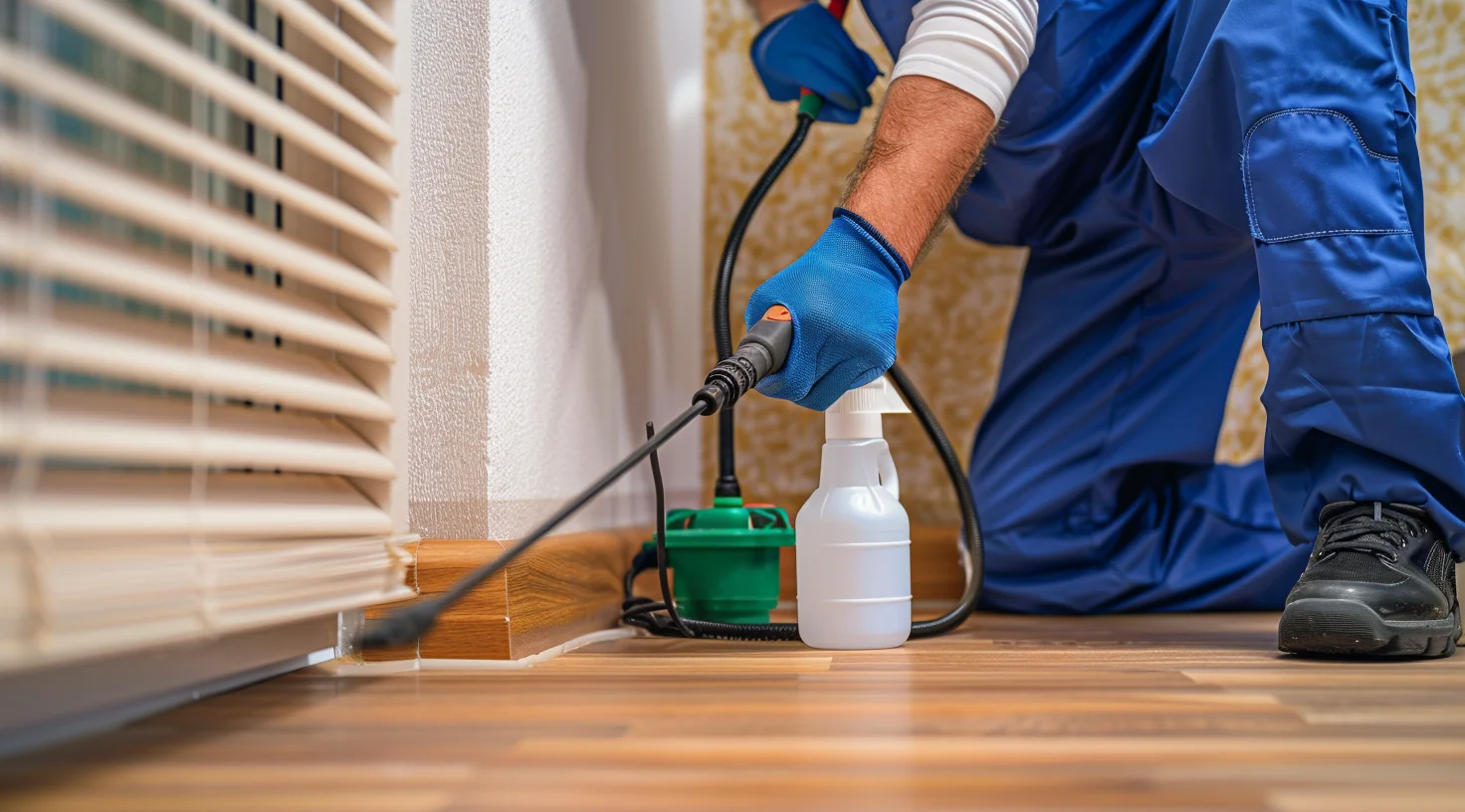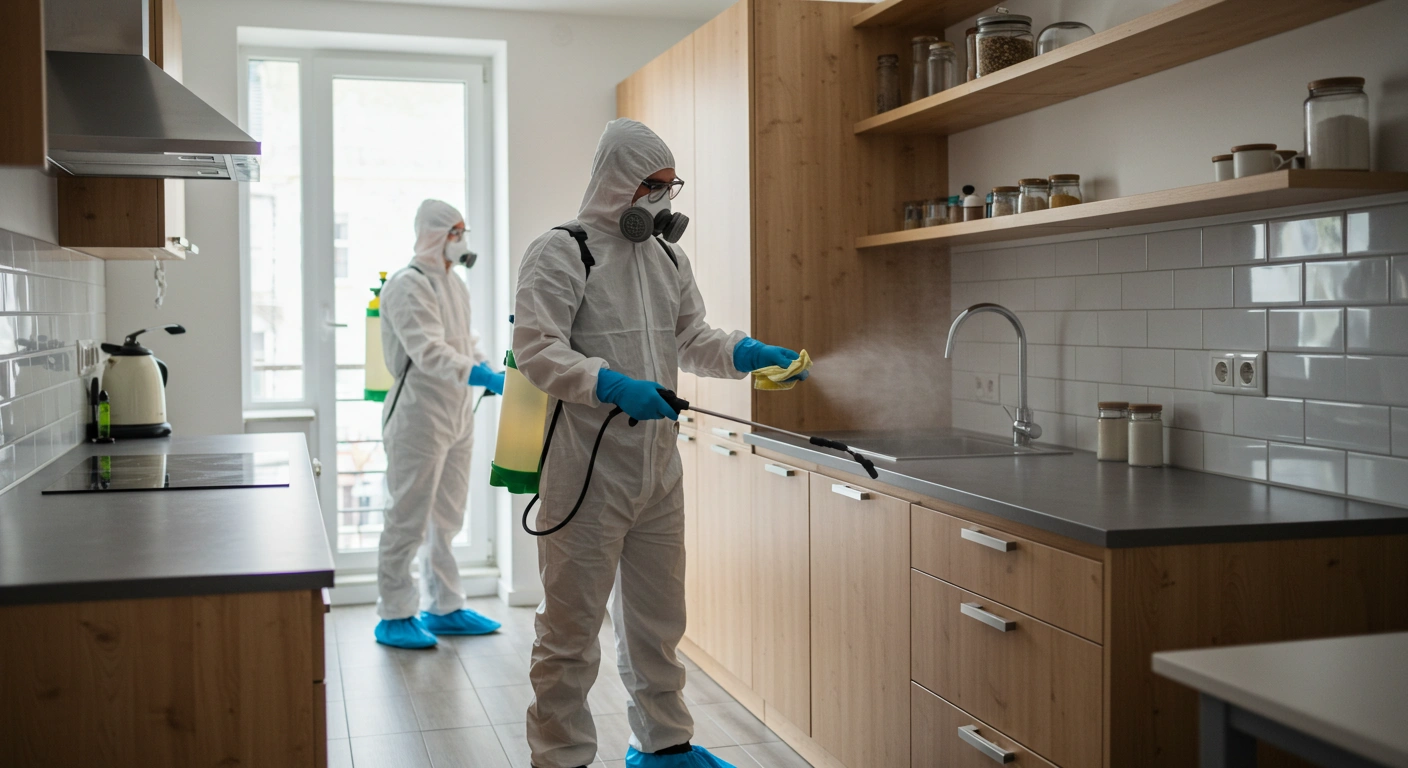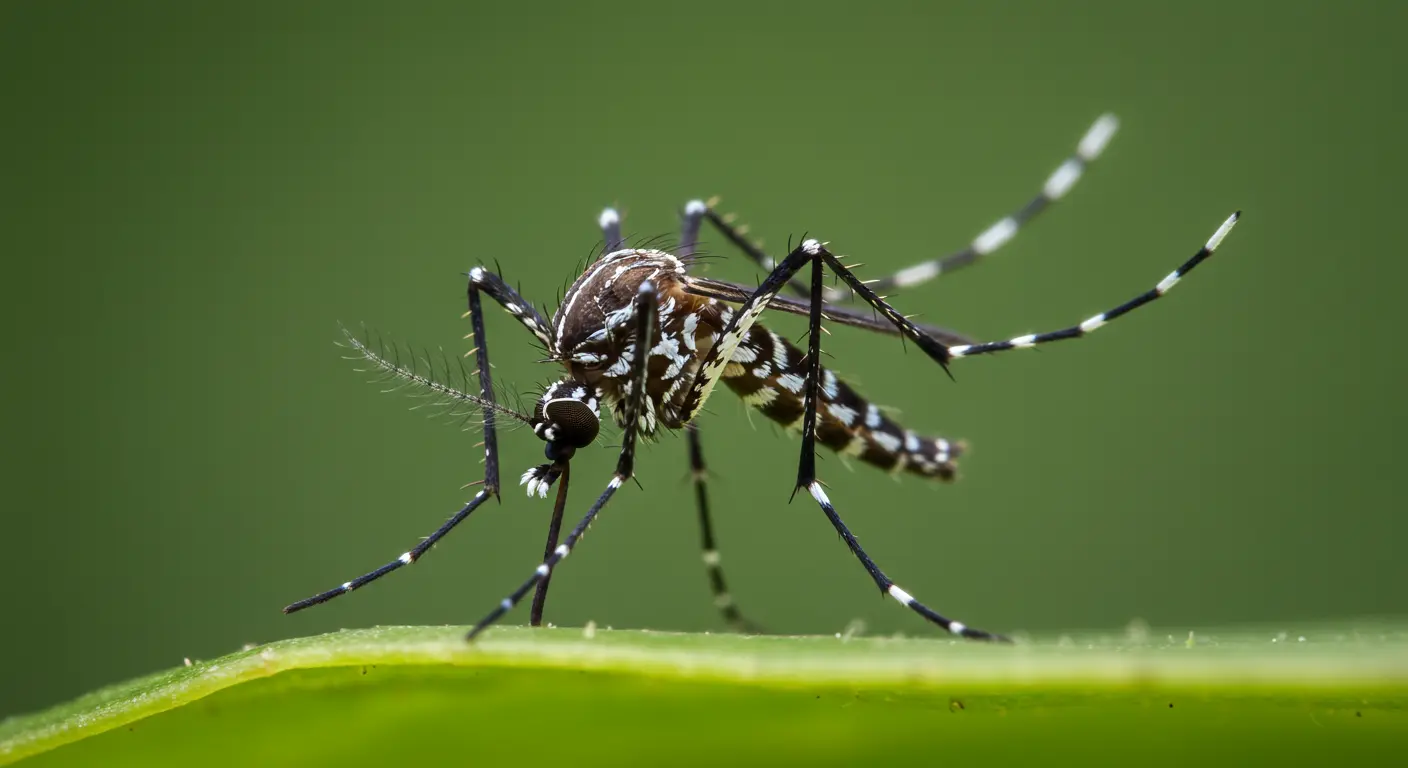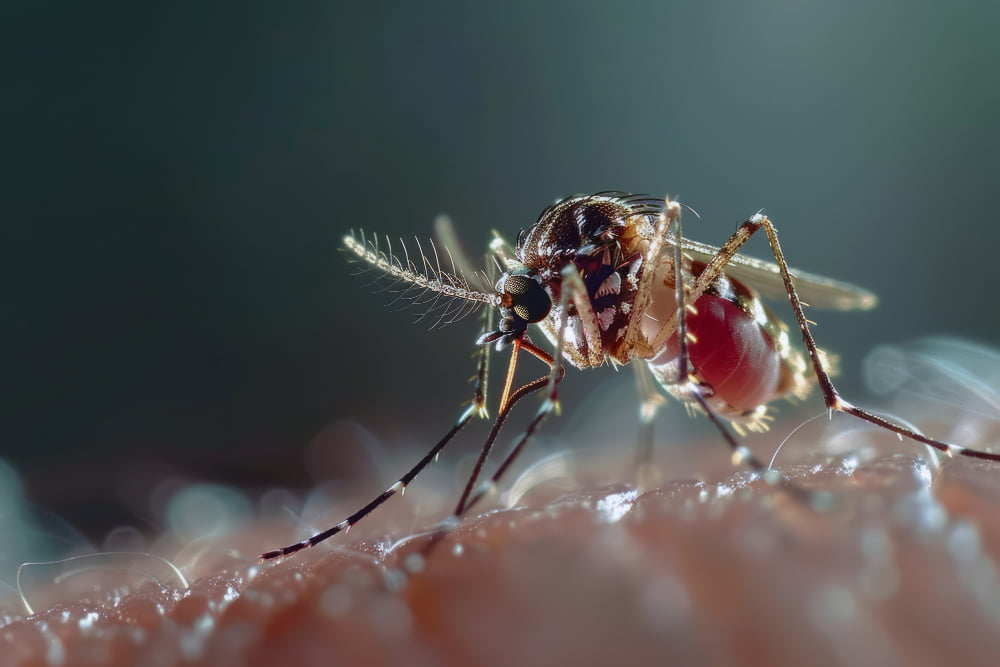When it comes to pest control, a common question many homeowners have is, how long does pest control take? Whether you’re dealing with a minor infestation of ants or a more serious problem like termites, understanding the timeline of pest control treatments can help you plan and prepare. The length of time it takes for a pest control treatment varies based on several factors, including the type of pest, the severity of the infestation, and the treatment method used. In this guide, we’ll explain the typical timeline for pest control treatments and what you can expect throughout the process.

Factors That Affect How Long Pest Control Takes
The duration of a pest control treatment depends on a variety of factors. Let’s take a look at some of the key elements that can influence how long the process takes.
1. Type of Pest
The type of pest you’re dealing with plays a significant role in determining how long pest control treatments will take. Different pests require different approaches, which can affect the overall treatment time.
✓ Ants and Cockroaches: For common pests like ants and cockroaches, the treatment process is usually quick. A pest control professional may take anywhere from 30 minutes to 2 hours to treat the affected areas. This is typically a straightforward process, with treatments often including sprays, baits, or traps.
✓ Rodents: If you’re dealing with rodents, the treatment time can vary based on the extent of the infestation. A general rodent control treatment, such as setting traps or using bait stations, may take 1 to 3 hours to complete, but follow-up visits may be required to monitor and remove any trapped rodents.
✓ Termites: Termite treatments are more involved and can take significantly longer. Depending on the method used, termite treatments may take several hours or even a full day. This is because the technician needs to carefully inspect your property, identify the areas of infestation, and apply targeted treatments to eliminate the termites.
✓ Bed Bugs: Bed bug treatments are typically more time-consuming due to the complexity of the infestation. It can take anywhere from 2 to 6 hours to treat a home for bed bugs, and multiple treatments may be required to ensure the entire infestation is eliminated.
2. Severity of the Infestation
The severity of the infestation is another crucial factor in determining how long pest control will take. A minor infestation, where pests are limited to a few areas, can usually be treated relatively quickly. However, if the infestation is widespread or severe, more time and effort will be required to ensure that all pests are eradicated.
✓ Minor Infestations: If you’re only dealing with a small number of pests, such as a few ants or cockroaches, the treatment process will likely be completed in a short period, usually 1 to 2 hours.
✓ Severe Infestations: A more extensive pest problem, such as a rodent infestation throughout the home or a termite colony within the walls, will take longer to address. Multiple visits or follow-up treatments may be required, and the initial treatment may take several hours to a full day.
3. Treatment Method
The size of your home or property can also influence how long the pest control process takes. A larger home or property will naturally take longer to treat because the pest control technician will need to inspect and treat more areas.
✓ Smaller Homes: For small homes or apartments, pest control treatments generally take less time. You can expect the treatment to last between 1 and 2 hours, depending on the type of pest.
✓ Larger Homes: Larger homes with multiple rooms, gardens, or outdoor areas may require more time to treat, potentially extending the treatment time to 3 to 6 hours. If the infestation is spread across a large area, the treatment may take even longer.
4. Method of Treatment
The treatment method used will also affect the duration of the pest control process. Different methods require different amounts of time to apply and take effect.
✓ Chemical Treatments: Chemical treatments such as sprays and baits are usually quicker to apply and may only take a few hours. However, you may need to stay out of the house for a period, especially if the treatment involves fumigation or other potent chemicals.
✓ Non-Chemical Treatments: Non-toxic or eco-friendly treatments, such as heat treatments or traps, may take longer to complete. For example, heat treatments for bed bugs can take several hours to apply, as the technician needs to raise the temperature of the home to kill the pests.
✓ Integrated Pest Management (IPM): IPM strategies involve a combination of techniques, including chemical treatments, physical barriers, and preventative measures. This more holistic approach can take longer to implement, but provides long-lasting results.
What to Expect During Pest Control Treatment
When the pest control technician arrives, you can expect them to conduct an initial inspection to assess the extent of the infestation. Depending on the type of pest, they may apply a treatment that could take anywhere from 30 minutes to several hours. During the treatment, you may need to leave certain areas or your home altogether, particularly if chemical treatments are being used.
After the initial treatment, follow-up visits may be needed to monitor the effectiveness of the treatment and ensure the pests are eliminated. For severe infestations, additional treatments or monitoring may be required.
Conclusion
In summary, how long pest control takes depends on several factors, including the type of pest, the severity of the infestation, the size of the property, and the treatment method used. Most treatments take between 1 and 6 hours, but more complex infestations may require additional time and follow-up visits. It’s essential to discuss your specific situation with your pest control provider to get a clearer idea of the timeline. By understanding what to expect during the pest control process, you can ensure that your home stays pest-free while minimising any disruptions.






